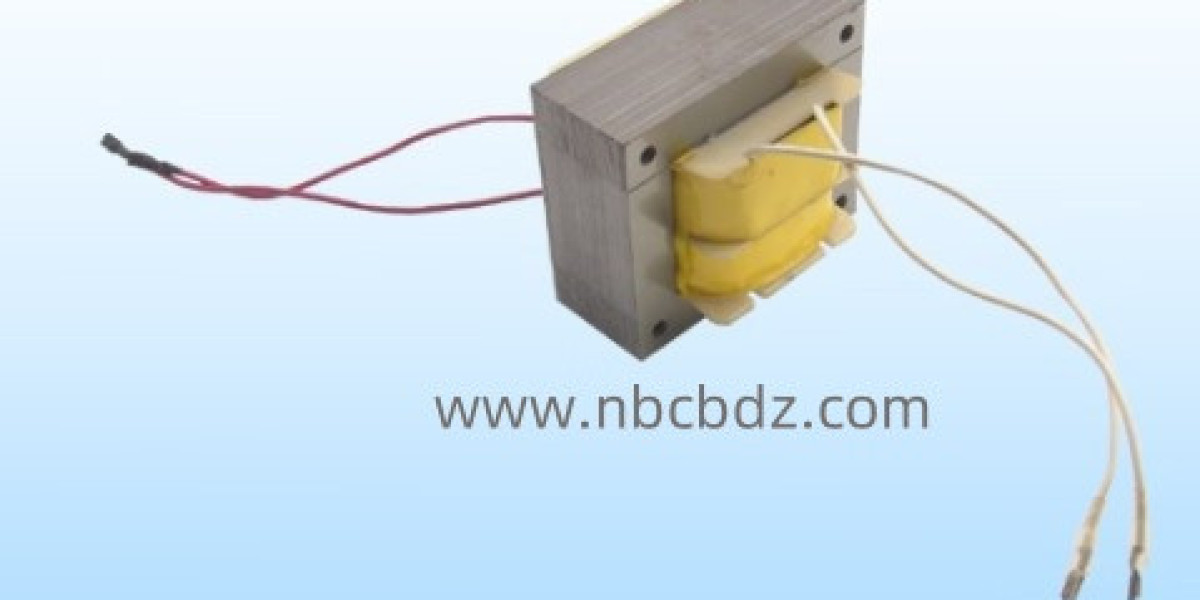In today's evolving energy landscape, working with a dependable Low-frequency Transformer Factory such as Nbcbdz continues to play an important role in maintaining reliable power distribution. Despite rapid advancements in digital and renewable technologies, low-frequency transformers remain essential components in traditional power networks due to their stable performance and strong adaptability.
These transformers are valued for their ability to provide consistent voltage regulation. In many industrial and infrastructure settings, stable energy delivery is more critical than compact design. Low-frequency units help ensure that systems run smoothly, protecting equipment from fluctuations and maintaining dependable performance over time. This stability supports continuous operation in environments where reliability is a key requirement.
Another reason they remain relevant is their durability. Built with robust construction principles, these transformers handle variable loads effectively, even in challenging operating conditions. Their long service life contributes to the sustainability of traditional energy systems, reducing the need for frequent replacements and ensuring steady operation in power distribution applications.
Ease of maintenance further adds to their practicality. Compared with high-frequency transformers, low-frequency models often have simpler designs that make inspection and repair more straightforward. This simplicity allows maintenance teams to identify issues quickly, reducing downtime and keeping operations consistent.
Another factor contributing to their importance is compatibility with existing electrical infrastructure. Many older systems were originally designed to use low-frequency transformers, and upgrading them completely can be costly and unnecessary. Instead, maintaining and improving current systems with reliable transformer replacements ensures both efficiency and safety without disrupting ongoing operations.
Thermal stability also supports their continued use. The structural design of low-frequency transformers allows better heat dissipation, helping prevent temperature rise during extended operation. This contributes to the overall safety and dependability of energy distribution setups.
When selecting a manufacturer, it is worth considering their production standards, technical expertise, and ability to provide consistent quality control. Clear communication and professional testing procedures help ensure that the final product aligns with project requirements and operational expectations.
In conclusion, low-frequency transformers remain important in traditional power systems because of their reliability, simplicity, and compatibility with existing networks. Even as modern energy solutions advance, these transformers continue to offer steady performance and dependable service across industrial and infrastructure applications.For more information, visit https://www.nbcbdz.com/product/.








